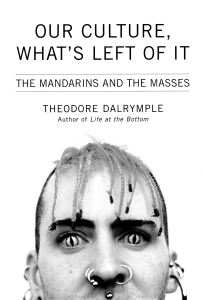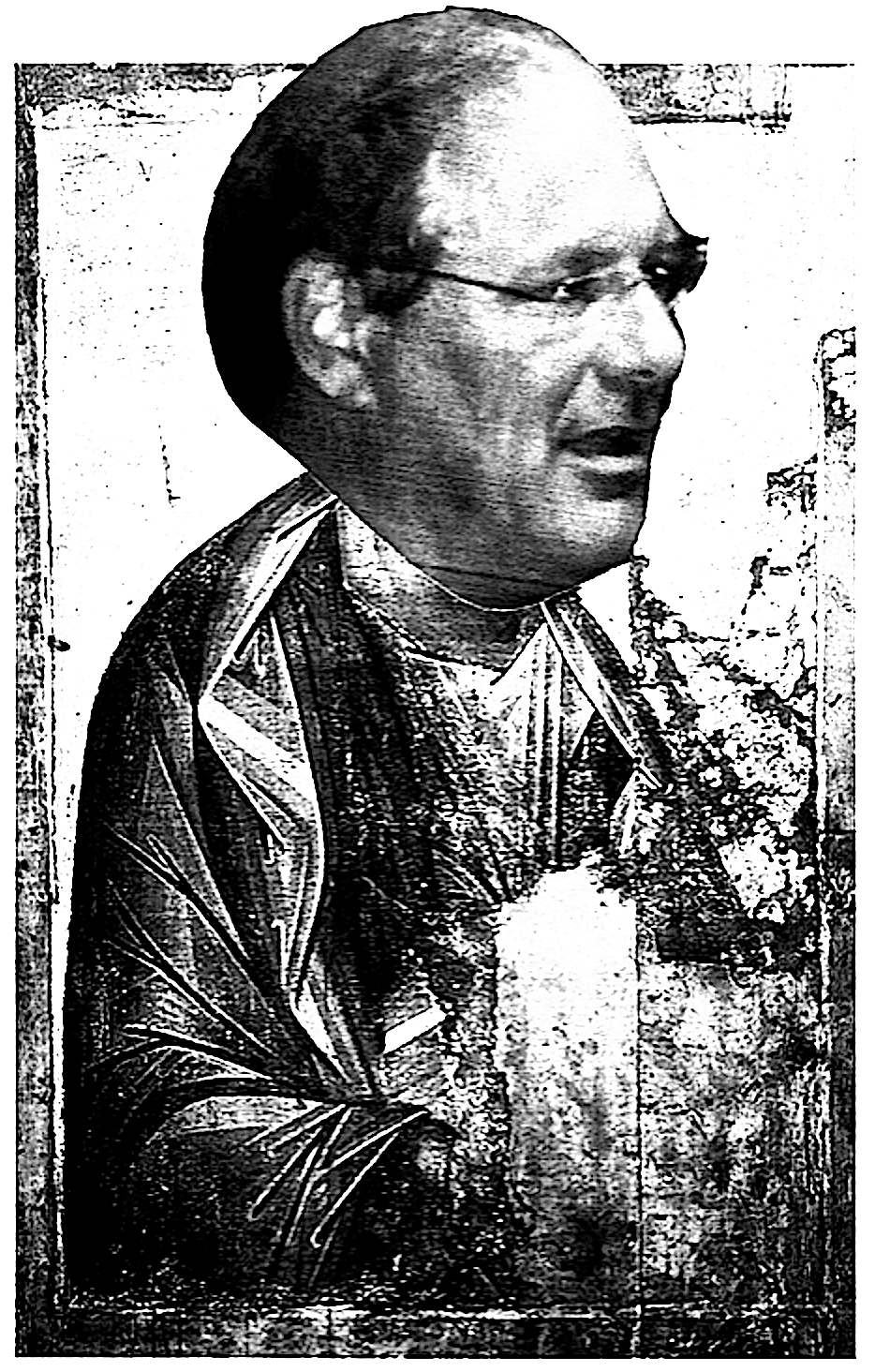 England has neither leaders nor followers but is composed only of egotists
England has neither leaders nor followers but is composed only of egotists
The
intellectual torpor, moral cowardice, incompetence and careerist opportunism of the British political and intellectual class
is now very evident, writes Dalrymple. Despite everything that has happened in recent years, the corrupt mandarins continue to contrive
not to notice what has long been apparent to anyone who has taken a short walk with his eyes open down any frequented British street: that a considerable proportion of the country’s young population (a proportion that is declining) is ugly, aggressive, vicious, badly educated, uncouth and criminally inclined.
 Lavish self-esteem
Lavish self-esteem
While British youth is utterly lacking in self-respect,
it is full of self-esteem: that is to say, it believes itself entitled to a high standard of living, and other things, without any effort on its own part.
Although youth unemployment in Britain is very high, that is to say about 20 per cent of those aged under 25,
the country has had to import young foreign labour for a long time, even for unskilled work in the service sector.
The British, idlest workers in Europe
No rational employer in a service industry would choose a young Briton
if he could have a young Pole; the young Pole is not only likely to have a good work ethic and refined manners, he is likely to be able to add up and — most humiliating of all — to speak better English than the Briton, at least if by that we mean the standard variety of the language. He may not be more fluent but his English will be more correct and his accent easier to understand.
 Travesty of an educational system
Travesty of an educational system
After compulsory education,
or perhaps I should say intermittent attendance at school, up to the age of 16 costing $80,000 a head, about one-quarter of British children cannot read with facility or do simple arithmetic. It makes you proud to be a British taxpayer.
 State-subsidised criminality
State-subsidised criminality
British youth
leads the Western world in almost all aspects of social pathology, from teenage pregnancy to drug taking, from drunkenness to violent criminality. There is no form of bad behaviour that our version of the welfare state has not sought out and subsidised.
British children
are radically unsocialised and deeply egotistical, viewing relations with other human beings in the same way as Lenin: Who whom, who does what to whom. By the time they grow up, they are destined not only for unemployment but unemployability.
Long bath in vomitus
 All the necessary electronic equipment is available for the prosecution of the main business of life, viz
All the necessary electronic equipment is available for the prosecution of the main business of life, viz
entertainment by popular culture. And what a culture British popular culture is! Perhaps Amy Winehouse was its finest flower and its truest representative in her militant and ideological vulgarity, her stupid taste, her vile personal conduct and preposterous self-pity.
Sordor
Winehouse’s sordid life
was a long bath in vomitus, literal and metaphorical, for which the exercise of her very minor talent was no excuse or explanation. Yet not a peep of dissent from our intellectual class was heard after her near canonisation after her death, that class having long had the backbone of a mollusc.
 Thugs in uniform
Thugs in uniform
What of the police? They are
simultaneously bullying but ineffectual and incompetent, increasingly dressed in paraphernalia that makes them look more like the occupiers of Afghanistan than the force imagined by Robert Peel. The people who most fear our police are the innocent.
 An American tourist and his wife, just arrived from the airport, were standing on an escalator.
An American tourist and his wife, just arrived from the airport, were standing on an escalator.

































